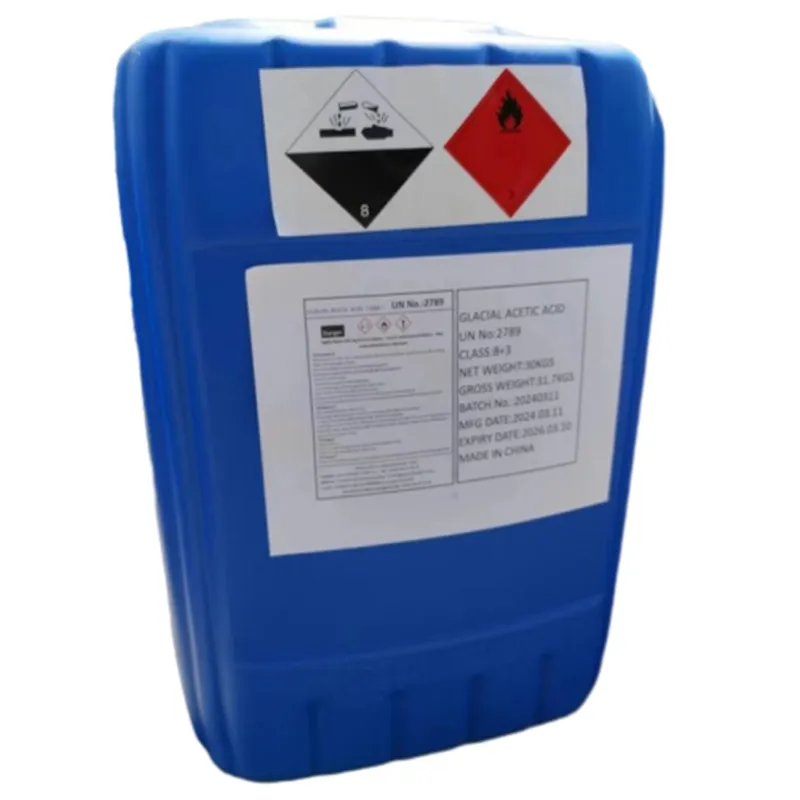
pimaricin preservative
Understanding Pimaricin as a Preservative
Pimaricin, an antifungal agent derived from the fermentation of certain strains of the bacterium *Streptomyces*, has garnered attention for its efficacy as a natural preservative. Primarily utilized in the food and pharmaceutical industries, pimaricin is particularly valued for its ability to inhibit the growth of mold and yeast, which can spoil products and pose health risks to consumers.
Origins and Properties
Pimaricin was first isolated in the mid-20th century, and its chemical structure, a complex polyketide, allows it to interact effectively with the cellular membranes of fungi. By compromising the integrity of these membranes, pimaricin prevents fungal species from proliferating. This property makes it particularly effective against a range of spoilage organisms, which is crucial in extending the shelf life of food products and preventing contamination in pharmaceutical formulations.
Applications in Food Preservation
In the food industry, pimaricin is commonly employed in a variety of applications, including dairy products, meat, and baked goods. The compound is particularly effective in preserving cheese, where it helps to prevent the growth of molds that can spoil the product and threaten food safety. Its usage in cured meats also helps maintain quality, ensuring that products remain safe for consumption over extended periods.
One of the advantages of pimaricin is its status as a natural preservative. As consumers increasingly seek products with fewer synthetic additives, pimaricin fits well into this trend. Its natural origins make it an attractive alternative to synthetic preservatives, which may have undesirable health implications or cause allergic reactions in some individuals.
Safety and Regulatory Status
pimaricin preservative

The safety of pimaricin has been studied extensively. It is generally recognized as safe (GRAS) when used within recommended limits in food applications. Regulatory bodies such as the U.S. Food and Drug Administration (FDA) and the European Food Safety Authority (EFSA) have established guidelines for its use to ensure consumer safety while maximizing its preservative benefits. The ability of pimaricin to inhibit spoilage organisms without imparting harmful effects on human health further bolsters its reputation within the food industry.
Efficacy Against Fungal Contaminants
Pimaricin's effectiveness against various fungal contaminants makes it a valuable tool in both food preservation and pharmaceutical formulations. Studies have shown that pimaricin is particularly robust against molds such as *Aspergillus* and *Penicillium*, which are common culprits in spoilage and contamination. This antifungal capability not only ensures the longevity of products but also maintains their quality and taste over time.
Environmental Considerations
In line with modern sustainability practices, pimaricin presents a favorable profile compared to some synthetic alternatives. Its production from natural sources minimizes environmental concerns associated with chemical manufacturing. Additionally, using pimaricin in food preservation aligns with environmentally conscious consumer behavior, further driving its adoption in the industry.
Conclusion
In conclusion, pimaricin serves as a potent and natural preservative, offering significant benefits in enhancing the shelf life and safety of food and pharmaceutical products. Its effectiveness against fungal contaminants, safety profile, and alignment with consumer preferences for natural ingredients make it a valuable addition to the arsenal of food preservation techniques. As industries continue to innovate and respond to consumer demands for cleaner labels, pimaricin's role in preserving quality and safety is likely to expand, paving the way for a future where natural preservatives are the norm rather than the exception.
As awareness of food safety and preservation techniques evolves, the significance of compounds like pimaricin cannot be underestimated. By harnessing the power of natural antifungal agents, we can continue to ensure the safety, quality, and longevity of our food and health products.
-
Buy High-Quality Trichloroisocyanuric Acid for Sale | TCCA 90% SupplierNewsAug.30,2025
-
Pure Sodium Dichloroisocyanurate Dihydrate | Powerful DisinfectantNewsAug.29,2025
-
Industrial Chemicals: Quality & Purity for Every IndustryNewsAug.28,2025
-
Nitrile Rubber Honoring Strict Production StandardsNewsAug.22,2025
-
Aspartame Ingredients Honoring Food Safety ValuesNewsAug.22,2025
-
Fertilizer for Balanced Plant NutritionNewsAug.22,2025
-
Cyanide Gold Processing with High Purity AdditivesNewsAug.22,2025
Hebei Tenger Chemical Technology Co., Ltd. focuses on the chemical industry and is committed to the export service of chemical raw materials.
-

view more DiethanolisopropanolamineIn the ever-growing field of chemical solutions, diethanolisopropanolamine (DEIPA) stands out as a versatile and important compound. Due to its unique chemical structure and properties, DEIPA is of interest to various industries including construction, personal care, and agriculture. -

view more TriisopropanolamineTriisopropanolamine (TIPA) alkanol amine substance, is a kind of alcohol amine compound with amino and alcohol hydroxyl, and because of its molecules contains both amino and hydroxyl. -

view more Tetramethyl Thiuram DisulfideTetramethyl thiuram disulfide, also known as TMTD, is a white to light-yellow powder with a distinct sulfur-like odor. It is soluble in organic solvents such as benzene, acetone, and ethyl acetate, making it highly versatile for use in different formulations. TMTD is known for its excellent vulcanization acceleration properties, which makes it a key ingredient in the production of rubber products. Additionally, it acts as an effective fungicide and bactericide, making it valuable in agricultural applications. Its high purity and stability ensure consistent performance, making it a preferred choice for manufacturers across various industries.





